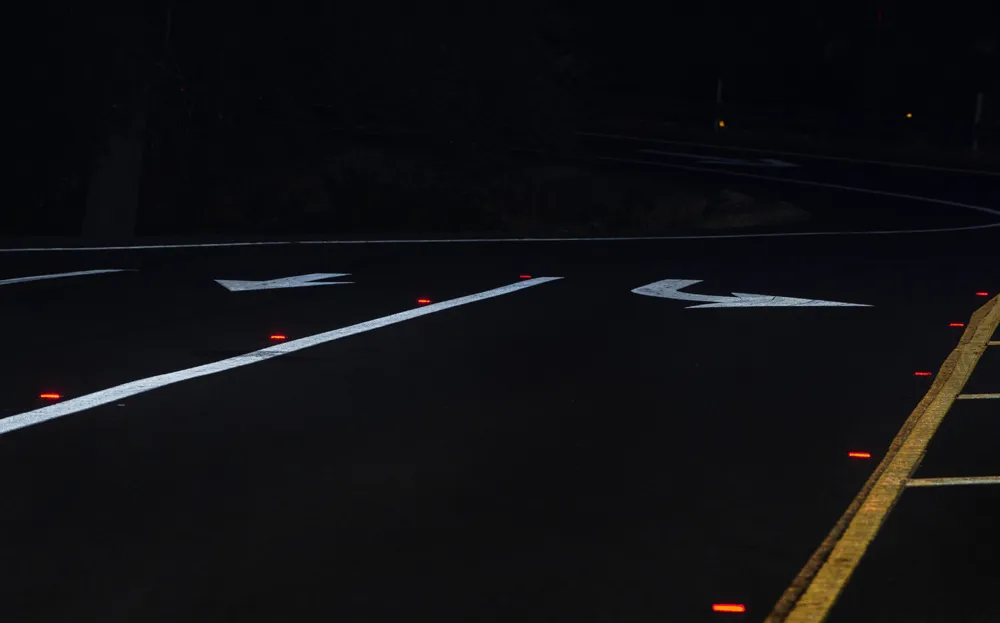A survey carried out by the UK’s Institute of Advanced Motorists (IAM) points to tougher sentencing for driving offenders. According to the survey, 80% of respondents said that repeat drink drive offenders should have their vehicles seized and sold or scrapped. The poll also said that 50% of respondents think that this should also happen to drivers caught several times over the limit. The respondents were also behind reducing the drink-drive limit, with 66% wanting to see the limit reduced. Most said it sho
August 2, 2012
Read time: 2 mins
RSSA survey carried out by the UK’s 5125 Institute of Advanced Motorists (IAM) points to tougher sentencing for driving offenders. According to the survey, 80% of respondents said that repeat drink drive offenders should have their vehicles seized and sold or scrapped. The poll also said that 50% of respondents think that this should also happen to drivers caught several times over the limit. The respondents were also behind reducing the drink-drive limit, with 66% wanting to see the limit reduced. Most said it should be lowered to a maximum of 50mg of alcohol/100ml of blood. A further 28% called for tougher sentences still, with a zero-tolerance policy. People convicted of drink driving generally lose their licence for a year and receive an average fine of €304 (£240). The survey said that 57% think this is too weak, and that punishments for drink drivers should be tougher, with 38% saying they should be much tougher. In additions, 55% of poll respondents support a proportionate, graduated system of penalties, if the limit was reduced. For example, lower penalties would be given to drivers caught under the current limit, but above the new one. Almost half of respondents admit to having a drink while driving, within the current limit. Some 79% say a decrease in the limit wouldn’t affect their enjoyment of an evening out, while 19% said it would. However, 84% said a reduction in the limit wouldn’t change their plans to go out.
IAM chief executive Simon Best said, “The support is there for tougher treatment of drink drivers. Not only do the majority want a lower limit – they also want tougher punishment for those that break the law, especially the worst offenders who present the greatest danger to other road users, their passengers and themselves. Our poll shows a desire to see more effective drink drive levels as well as much greater consistency of enforcement, prosecution, and sentencing, which reflects the level of danger associated with drinking drivers.”
IAM chief executive Simon Best said, “The support is there for tougher treatment of drink drivers. Not only do the majority want a lower limit – they also want tougher punishment for those that break the law, especially the worst offenders who present the greatest danger to other road users, their passengers and themselves. Our poll shows a desire to see more effective drink drive levels as well as much greater consistency of enforcement, prosecution, and sentencing, which reflects the level of danger associated with drinking drivers.”








